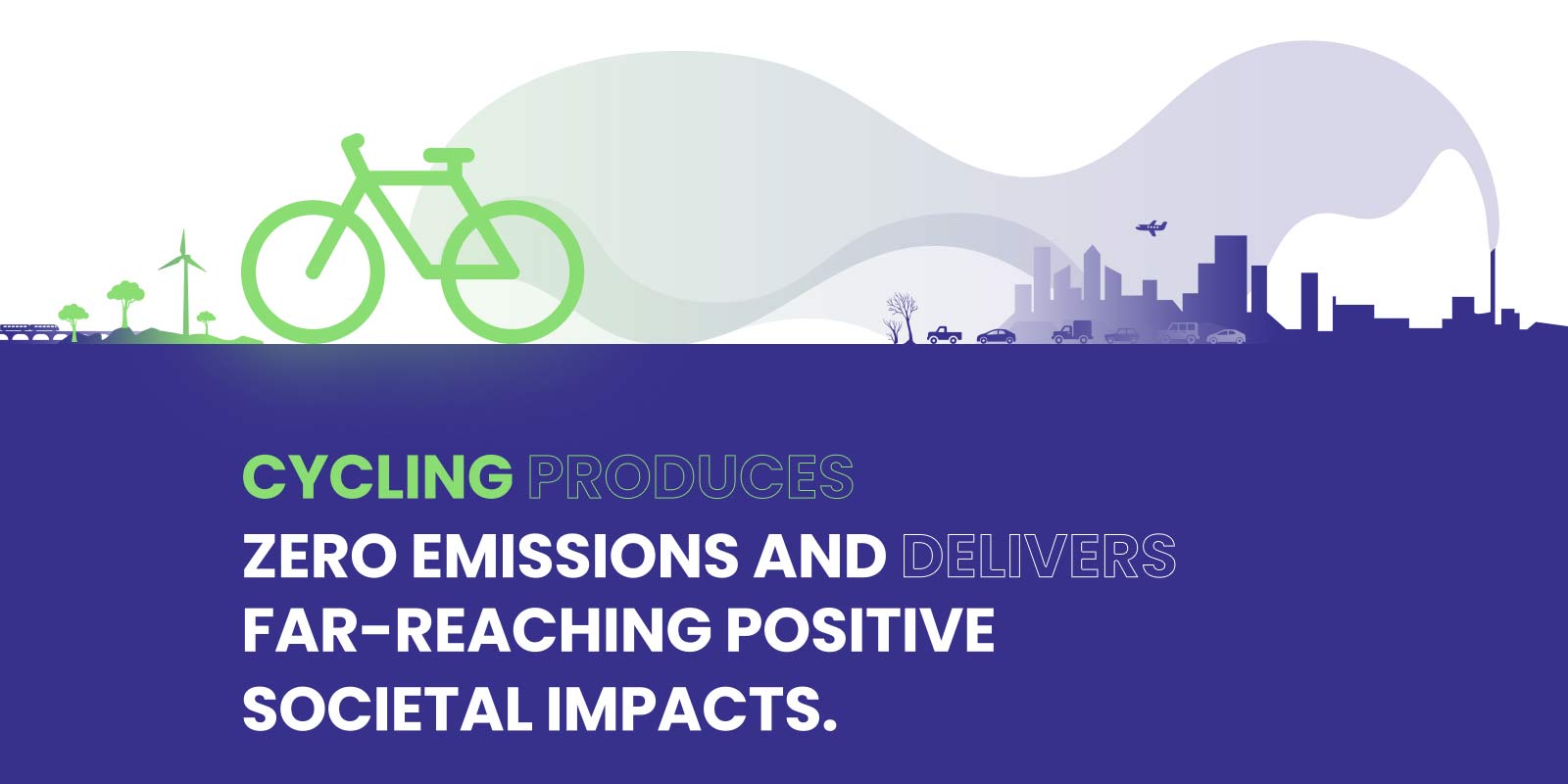The current COP26 climate change conference in Glasgow has put talk of the environmental impacts of modern life in the global spotlight in recent weeks. But sustainability-minded cycling advocates like the Shift Cycling Culture collective have spent years looking, not just at how bikes can make the world better, but how our beloved bike industry can work better to bring us the cycling products we desire to experience the natural world around us, without harming that very environment.
At the same time, a separate focused COP26 Cycling industry initiative seeks to spread the word outside of bike enthusiasts, about how cycling can be a powerful tool to help combat climate change globally.
Shift cycling industry, halt climate change
The Shift Cycling Culture mission comes down to the idea that by working together as an industry leadership forum to share resources and know-how, the cycling industry can work smarter. With proper planning and action, cycling companies can continue to make and sell new products so we can all enjoy riding bikes, while also reducing the negative impacts on the environment from material extraction, manufacturing, transportation, and their end-of-life disposal.
Their Climate Commitment continues to be one of the greatest steps the cycling industry has taken towards the Paris Agreement goals of reducing the environmental impact of delivering new bikes and cycling gear towards net-zero. The Shift Climate Commitment basically amounts to the industry transparently reporting on their Greenhouse Gas (GHG) emissions by the end of 2023, and then setting in motion actions to cut those GHG emissions by at least 55% by 2030 to hit the Paris targets.
The pledge has already been adopted by some heavy-hitters in the industry – including the CEOs of big-name bike companies like Specialized, Dorel Sports (Cannondale, GT, Schwinn, Mongoose, Charge et al.), BMC, Brompton, Rapha, Assos, Selle Royal, Schwalbe, and many more down to smaller, more specialized cycling companies like Ass-Savers.
But of course, there’s always room for more to get on board.
As Shift puts it, “As cyclists, we are closely connected to the environment we ride in… [It’s] time to change how we bring our products to life, and how we use and re-use them. Time to take better care of the places we love to ride in. Time to use all the innovative force of this industry to become a more sustainable one. And it’s certainly about time we start using the collective power of our cycling culture to take our own stand in addressing climate change.”
If you are in the cycling industry and your company hasn’t already joined in, maybe it’s time now to Shift your perspective. If you are a consumer, maybe it’s time to Shift to supporting those companies that are helping to make cycling more sustainable over time, and maybe get involved yourself.
COP26 open letter to boost cycling & reduce emissions
While talking about cycling & climate change at the instigation of COP26, it’d be remiss to not include the work of the European Cyclists’ Federation to bring together a collective of cycling advocacy groups to speak with one voice to the world leaders at the 26th United Nations Climate Change Conference in Glasgow, Scotland. Their open letter signed by over 80 pro-cycling organizations calls on attending governments to commit to significantly increasing the number of people who cycle in their countries in order to reach global climate goals more quickly and efficiently.
“The world needs much more cycling if we are to combat climate change. Without quicker and more determined action by governments worldwide to cut transport carbon emissions, we will be dooming present and future generations to a world that is more hostile and much less inhabitable.“
While traditional transport emissions continue to rise, a real shift to zero-emission vehicles is decades away. COP26 has oddly already been seen in the general news media to have overlooked cycling as a transportation option at the conference, and their Nov 10 Transport Day looks set to focus exclusively on a shift of road vehicles to electric power.

So this open letter sent to governments and transport ministers ahead of COP26, called on them to “build more high-quality cycling infrastructure, integrate cycling with public transport, improve road safety, and implement policies that encourage people and businesses to replace automobile trips with bicycle trips and other modes like walking and public transport.”
Promoting cycling as transportation seems like a no-brainer on a path towards meeting net-zero carbon targets – a zero-emission transport solution that is ready and available today. A lot of decision-makers simply need a reminder, it seems.
Read the full Open Letter and statement at: COP26cycling.com






